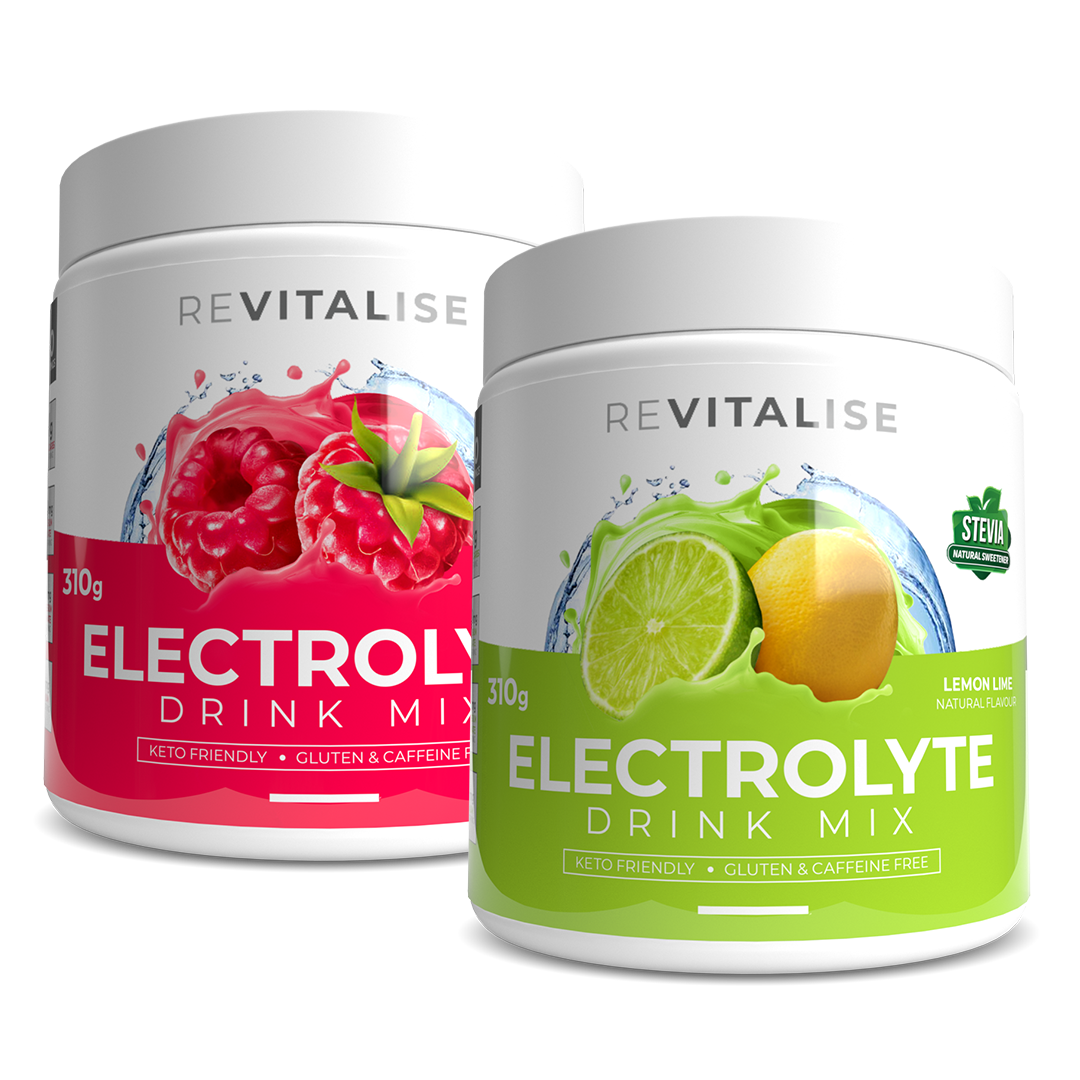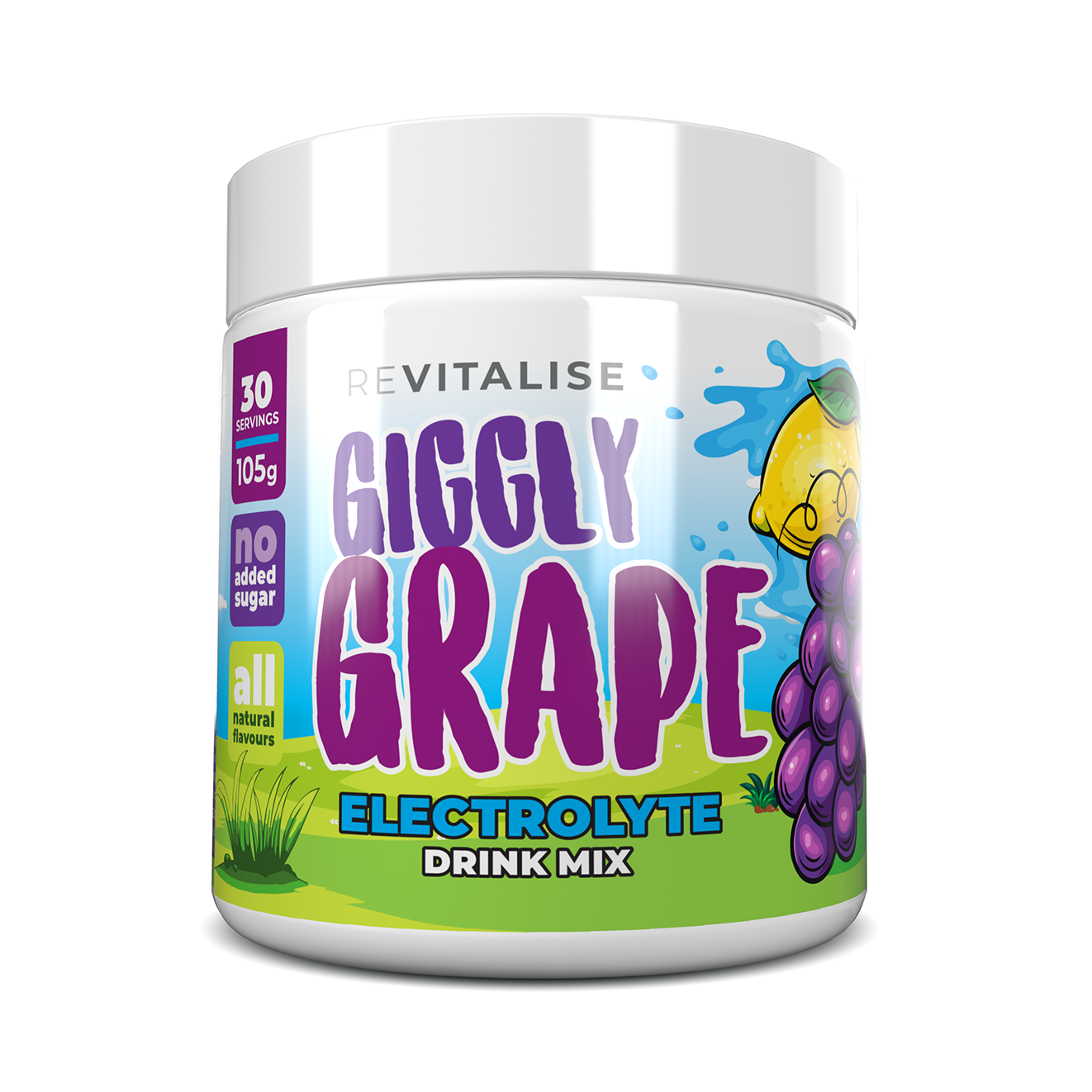Approximately 60% of the human body is made of water, which makes water pretty important. Water is the most essential nutrient for your body. It is needed for every biological function. Staying hydrated is a habit, one which most of us struggle with. But, it is not just as simple as drinking water.

Reasons To Stay Hydrated
Of course, the biggest reason to stay hydrated is to avoid dehydration and all the adverse side effects which go with it. However, there are some incredible benefits to staying hydrated. Here are a few:
- Digestion. Hydration is necessary to promote healthy, regular digestion. Water is needed to dilute waste and eliminate toxins from the stomach and intestines. Furthermore, water creates salvia, which helps break down food.
- Skin. Since your skin is composed of about 64% water, it is vital to hydrate properly. It aids in the elasticity of your skin, making it less likely to form fine lines and wrinkles – slowing down the ageing process.
- Brain. Research has shown that your hydration level can affect your mood throughout the day. Your brain is sensitive to changes in water balance, which means that if you are properly hydrated, you can have better concentration and alertness.
Is Water Enough To Stay hydrated?
Hydration means combining the water you drink with fibre and electrolytes to help your body absorb it. In this way, hydration becomes more than just water. Hydration is the balance of water to the concentration of solutes in the places it matters, such as your cells and your blood. There are many solutes in your blood and cells, but the two most important ones are sodium and potassium.
Electrolytes
Electrolytes are vital for the basic functioning of your body. Why? It balances the amount of water in your body, balances your body’s pH levels, moves nutrients into your cells, it moves waste out of your cells, regulates your nerves, muscles, heart, and brain functionality, and helps to rebuild any damaged tissue. Electrolytes are minerals that carry an electrical charge, allowing electrical impulses to make muscle cells contract and help with chemical reactions to regulate the balance of fluids inside and outside the cells.
The question most frequently is whether drinking water is enough hydration to keep electrolytes in balance. The answer is not necessarily. Most water sources, such as tap water, can be stripped of minerals, and chlorine is generally added. These water sources are less than ideal to drink for replenishing electrolytes and keeping you hydrated.
By adding electrolyte powder to your water each day, you will be helping your body stay hydrated and stay in a homeostasis state.
Measure Your Hydration
Other than checking how many times you go to the bathroom and seeing how thirsty you are, there are several ways to check to see you are hydrated.
- Skin
Checking your skin’s elasticity is a good indicator of whether you are hydrated. You can gently pinch the skin on your abdomen or the lower part of your arm. If your skin snaps back right away, you are properly hydrated. However, if your skin is slow to return to its normal state, it may be time to drink some water.
- Urine
Look at the colour of your urine to determine whether you are hydrated or not. If your urine is a pale yellow, you are hydrated. On the other hand, grab a water bottle and start drinking if it's dark yellow.
- Sweat
Sweat is more than just water; it contains vital minerals such as sodium and potassium, which help regulate bodily fluids. If you are willing to, taste your sweat. If it is salty, you are still hydrated enough. Measuring levels of sodium or potassium in your sweat can help pinpoint if you're close to dehydration. Remember to drink extra fluids when you are sweating.
- Breath
Smell your breath to check if you are hydrated. While there may be plenty of other reasons your breath does not smell fresh, research has shown that bad breath indicates dehydration. This is because when you are dehydrated, your mouth doesn't make enough saliva which can cause bacteria to build up in your mouth.
Maximise Hydration
Maximise hydration to keep your body and mind happy. Here are a few tips to help keep you hydrated throughout your day.
- Warm Lemon Water
Drink a glass of warm lemon water every morning within 20 minutes of waking up. This way, the water will be absorbed more deeply and not just passed through your system, giving you more energy.
- Big Bottle of Water
Make water more accessible throughout the day. It’s better to sip water consistently; if it’s there, you will be more likely to drink it. Consuming water throughout the day will keep you feeling fresh.
- Electrolytes
Adding just a pinch of sea salt to your morning water drink adds electrolytes and will help set up your entire system for a day of absorption. Alternatively, electrolyte drinks, such as ReVitalise.
- Move More
The more you move, the more the water you drink will be able to move around your body and reach those vital organs to give you energy. Get up regularly throughout the day, stretch and do gentle movements.

To Sum Up
Staying hydrated is essential to maintain normal body functions and general wellness. It is clear that to feel good and function properly, we need to have our bodies in homeostasis, which means being hydrated. Equipping ourselves with the knowledge and understanding that hydration is more than just simply drinking water and ensuring we have the necessary electrolytes, we will be able to avoid the consequences of any imbalances and identify if there are any issues.





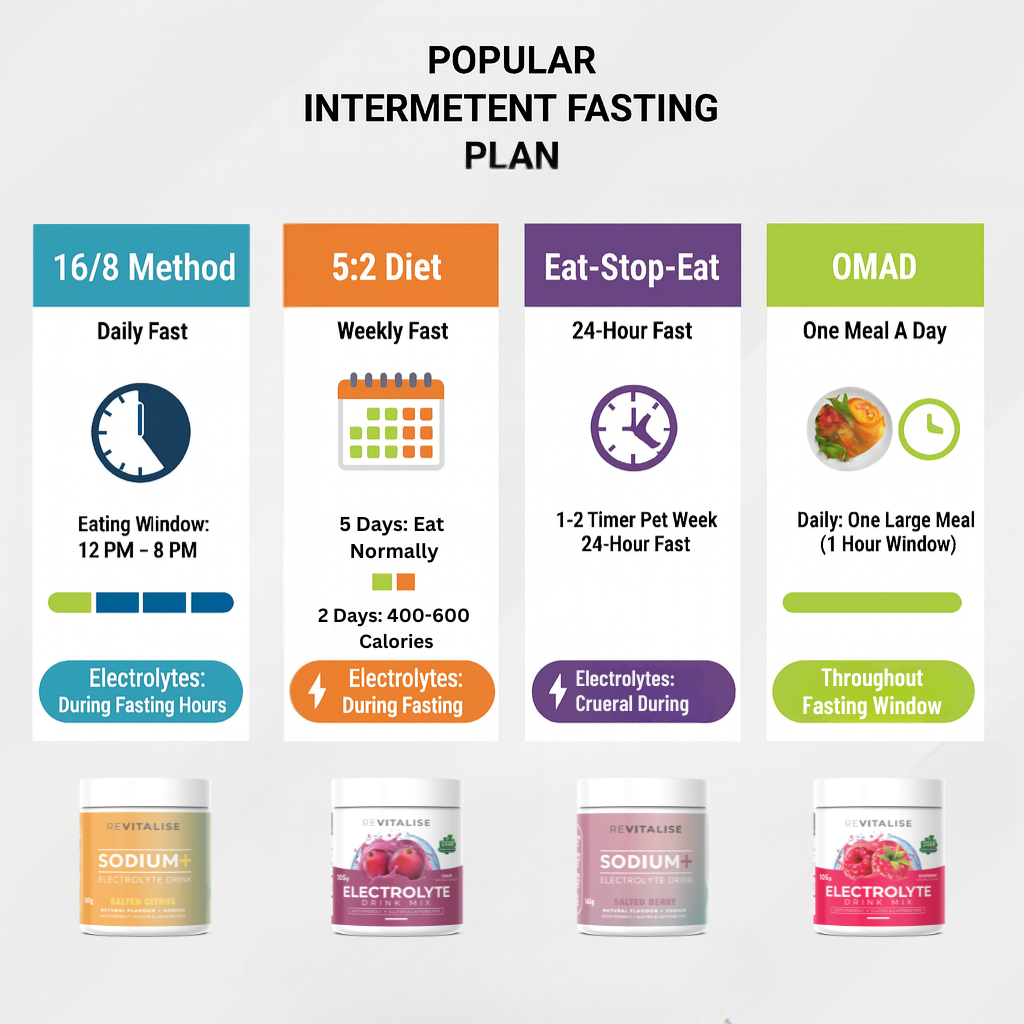
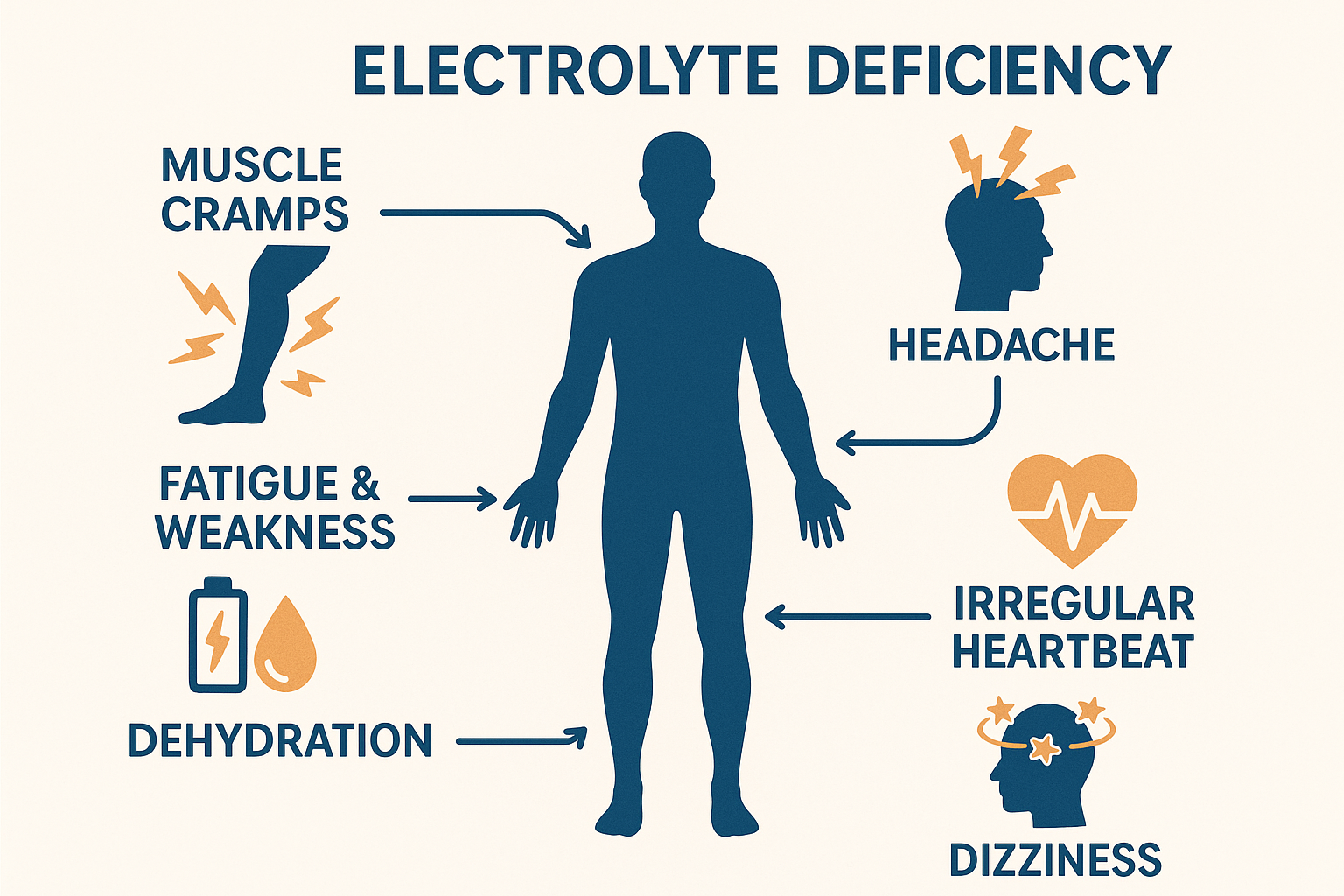
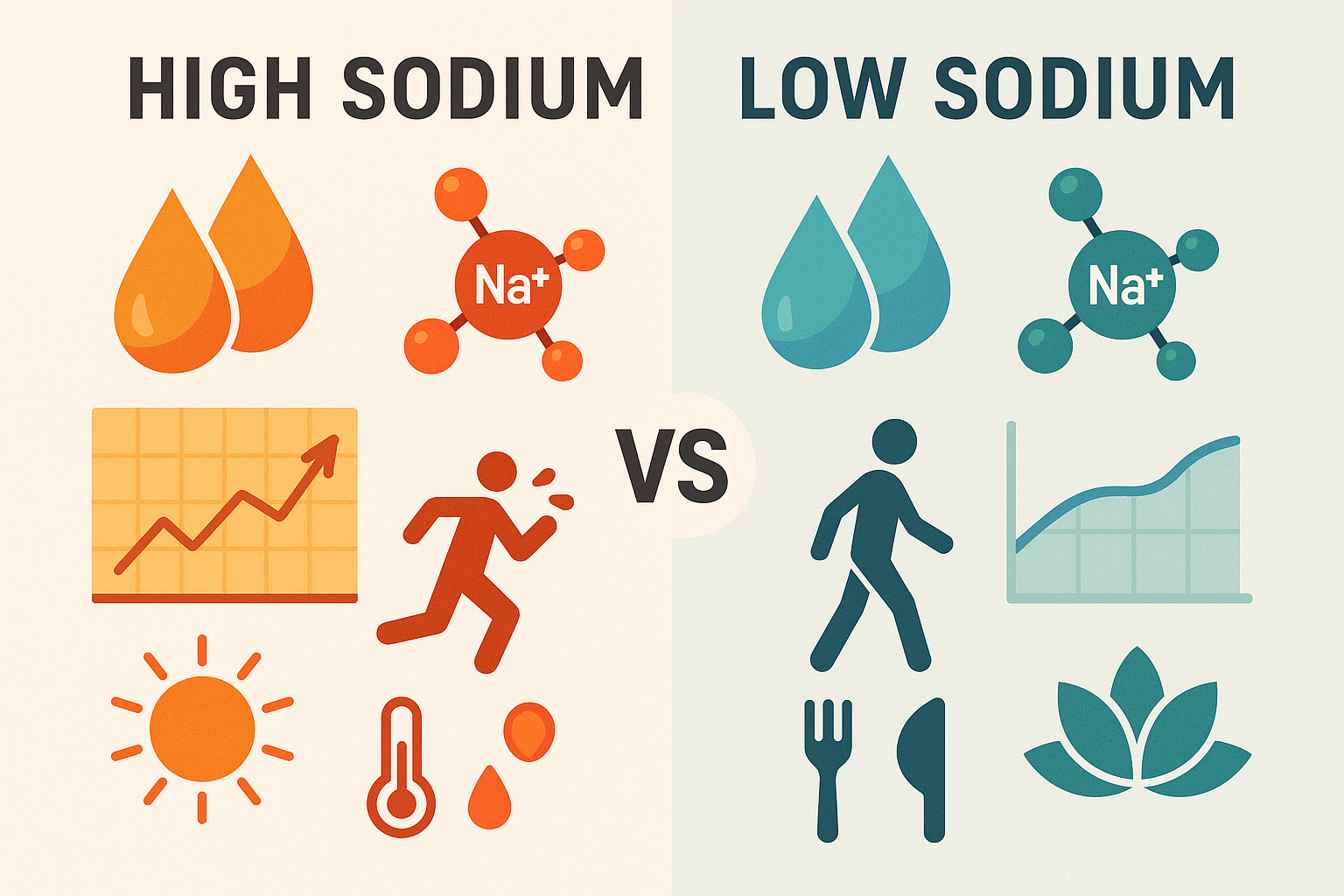
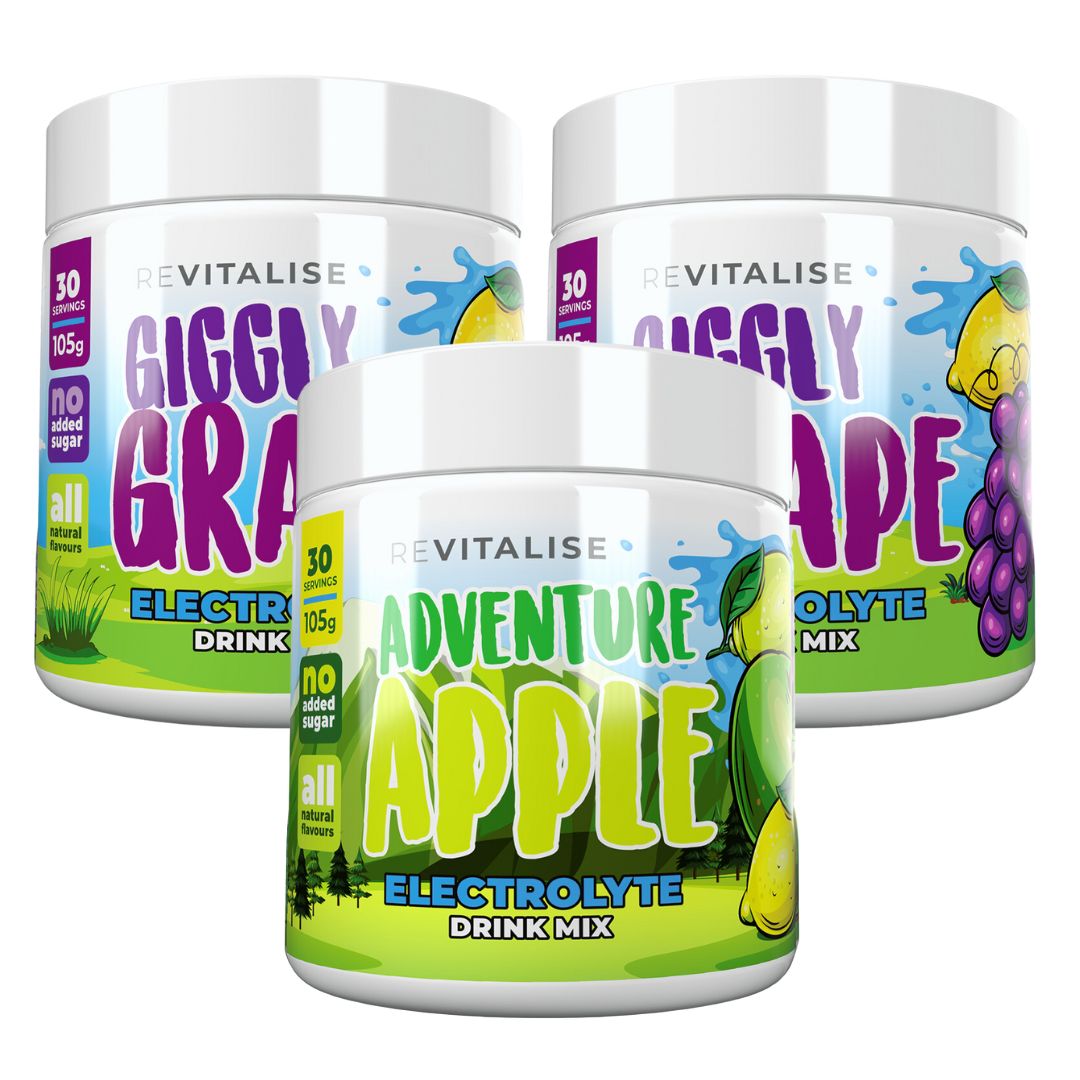

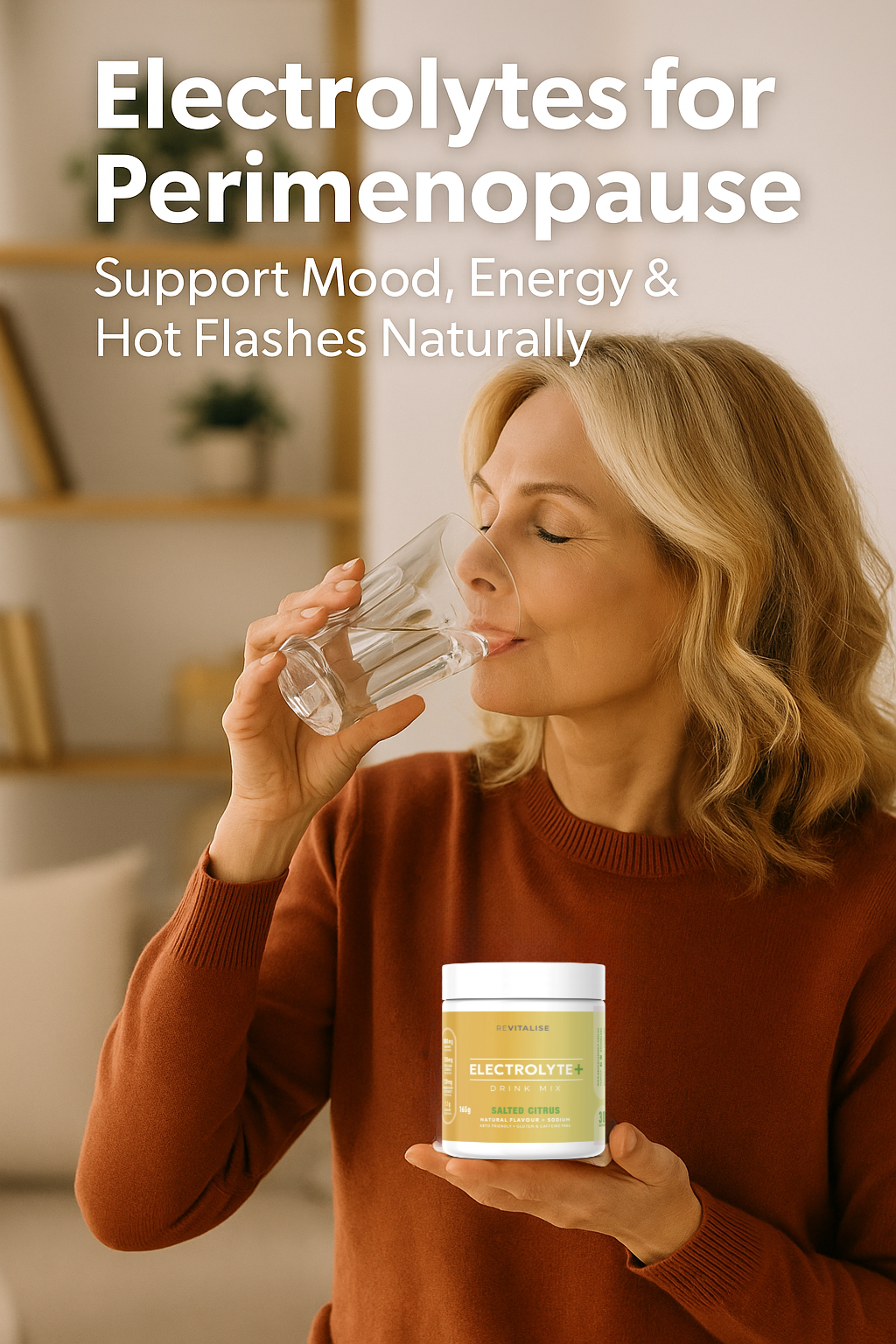
![ReVitalise Zero Sugar Electrolytes [SUBSCRIPTION]](http://revitalisedaily.com.au/cdn/shop/files/30s_LemonLime_3ea1cbec-4b35-4319-8f43-3ad8cbe7cd02.png?v=1698247645&width=1547)
